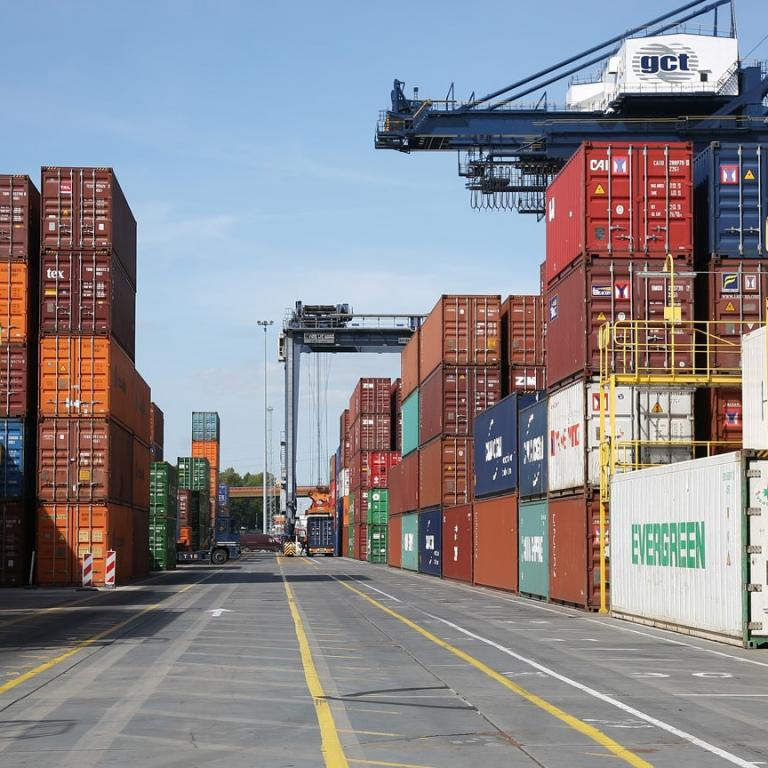
2016-09-05
New Community Customs Code
The Community Customs Code (CCC) entered into force on 1 May of this year. It’s aimed to harmonise the application of customs law in the entire European Union, clean up existing legislation (e.g. by abolishing the current division by purpose and customs procedures) and to fully implement customs clearance into the import-export chain.
In principle, new regulations are also aimed to facilitate customs procedures, so as to improve cargo handling efficiency, implement electronic business processes (both for the customs administrations and entities pursuing international trade in goods) and to support reliable and trustworthy economic operators (Authorised Economic Operators – AEO).
New rules and procedures, as well as resolutions pertaining to them, are relevant to all companies trading in goods on an international level. Changes concern, in particular, entrepreneurs holding customs permits and authorisations, although a number of interim regulations has been envisaged to this extent. It is important that each entrepreneur participating in international trade in goods knows the practical consequences of new customs regulations for their business.
In the experts’ opinion, changes introduced by the CCC will have the greatest impact on companies participating in the international trade in goods (outside EU borders) that are classified as AEOs, hold permits authorising them to be placed under community customs procedures (including simplified procedures), pursue trade on a large scale or pay licence fees (e.g. for the use of trade marks or intellectual property) as part of pursued economic activity.
From the perspective of the maritime industry, the CCC introduces very relevant clarifications that must be considered positive. Among the most interesting changes is the specification of the term “carrier” as a person who brings the goods, or who assumes responsibility for the carriage of the goods, into the customs territory of the European Union.
Equally important, from the perspective of the maritime industry, is the possibility of confirming the EU customs status of goods. Until the entire system is implemented, such confirmation can be delivered as an invoice or transport document for goods with a value not exceeding EUR 15 thous. (it’s relevant for goods transported between EU ports by the so-called Non-Regular Shipping Services Vessels). It is also possible to report containers for temporary admission, either verbally or otherwise.
As the CCC is being implemented, works are also under way on supplementary amendments to national legislation, including the “Customs Law” Act and tax acts. The latter area is always quite sensitive and various disadvantageous amendments can lead to the outflow of cargo to ports in Western Europe, as was the case in the past.
The topic of new Community Customs Code is to be raised during the Maritime Logistics panel to be held at the Maritime Economy Forum Gdynia 2016.
Photography Tadeusz Urbaniak/ZMPG-a S.A


